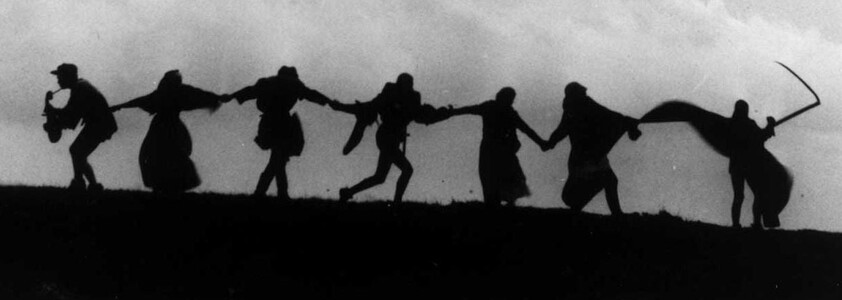Self-acceptance has long been intertwined with the belief that human worth is affirmed by a higher spiritual power. Ancient thinkers like Augustine of Hippo and Thomas Aquinas viewed self-knowledge and acceptance as pathways to divine understanding, while modern psychology reframed these ideas through scientific inquiry. The fusion of metaphysical thought with psychological research in the 20th century led to a deeper exploration of how spirituality affects self-perception and emotional well-being.
Augustine argued that true self-acceptance comes from recognizing one’s dependence on God, seeing human frailty as part of a greater divine plan. Aquinas expanded on this by integrating Aristotelian logic, suggesting that self-worth is realized through virtue and alignment with divine reason. Hilaire Belloc emphasized the role of faith in shaping personal identity, while Søren Kierkegaard explored the existential struggle between self-doubt and the leap of faith.
The rise of modern psychology in the 20th century brought these ideas into scientific discourse. Carl Jung’s concept of individuation mirrored the theological notion of self-realization through a greater cosmic order. Viktor Frankl, influenced by existentialist thought, proposed that meaning in life—and therefore self-acceptance—arises from recognizing one’s purpose beyond the self. William James, in his study of religious experiences, highlighted how belief in a higher power fosters resilience and self-compassion.
This intersection of spirituality and psychology continues to evolve. Contemporary studies in neurotheology examine how belief systems influence brain function, suggesting that spiritual practices enhance emotional regulation and self-acceptance. A promising area for future research is the role of collective spiritual identity—how shared faith traditions shape individual self-perception across cultures and historical contexts.
--

